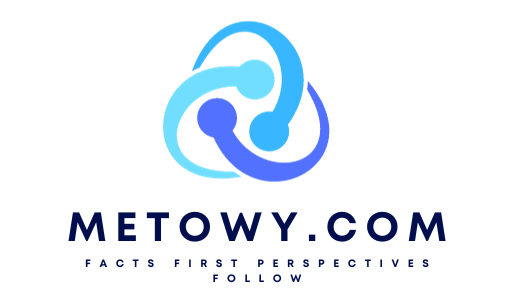Who is an Employee/Worker under Korean Law with the Rights and Protections under the Korean Labor Standards Acts and Related Laws and regulations?
The definition of an employee in Korea is a topic that has filled books. The following is a brief introduction to an issue that IPG Legal litigates for foreign employees of Korean companies and for foreign companies doing business in Korea. IPG Legal is the go-to law firm for expats and foreign companies doing business in Korea on matters affecting their business and life in Korea. Another article that may be of interest to the reader is: Obligations to Employees under the Korean Labor Standards Act.
Definition of an Employee/Worker under the Laws of Korea
Article 2 (1) of the Korean Labor Standards Act stipulates that the term “worker” in this Act refers to a person who offers work to a business or workplace to earn wages, regardless of the kind(s) of job he/she is engaged in. Courts consider, amongst other factors, the following when determining if an individual is an “employee:”
- Position type(s) is not Presumptive;
- The individual works at a business or workplace; and
- The individual offers work to earn wages.
In understanding this concept, wage is put at the center, while the key point to be considered is whether a subordinate relationship exists between the work provider and the work user. That is, “employee” means “a person who offers work to earn money through a subordinate relationship.” A subordinate relationship is one where a person hired by the employer provides work to the employer and, under the employer’s direction and orders, carries out the tasks the employer wants done. So, an employee who offers work to earn wages can be translated as “a person offering work in a subordinate relationship with an employer.”Freelancer Private Institute (Hagwon Case)
In one case some years ago, a large private institute (Hagwon) recruited teachers under contracts for “teaching services,” and treated them as freelancers – not employees under the Korean Labor Standards Act. This led to a prolonged labor dispute in which the freelance teachers prevailed.In cases where an individual is an independent freelancer and not an “employee” under the Korean Labor Standards Act, he/she is ineligible for various protections and rights under Korean labor law such as: (a) protection from unfair dismissal; (b) protections regarding wages and annual leave; and (c) payment into social insurances.
However, in cases where a freelancer has been determined as an employee, all labor law protections apply. As a result, most people seek labor law protection, whereas employers, such as institute owners, seek to avoid employee status for their workers due to additional costs and the risk of collective action by those workers.
The Korean court ruled, “Whether a person is considered an employee under the Labor Standards Act shall be determined by whether, in actual practice, that person offers work to the employer as a subordinate of the employer in a business or workplace to earn wages, regardless of the contract type, such as an employment contract or a service contract.” The Korean Court ruled that the teachers were employees under the Korean Labor Standards Act. This judgment shows that the status of employee shall be recognized not based upon the formal type of contract made between two parties, but upon the substantial relationship in actual practice.
If you would like to know more about Korean Labor or Employment Law, you may schedule a No-Charge Initial Consultation with our attorney at: Please Schedule a Call with an Attorney




